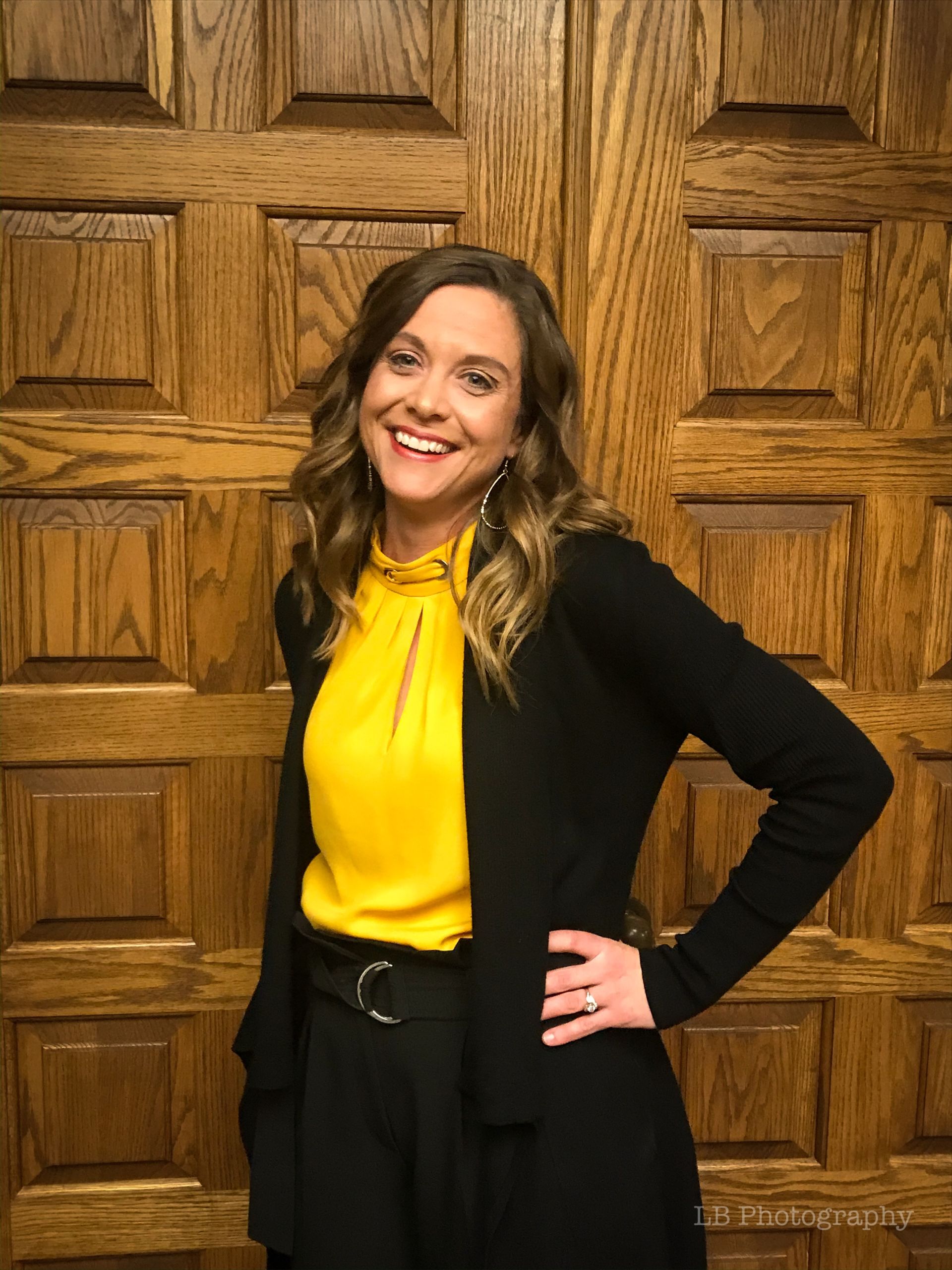In celebration of Women’s History Month, we are honored to launch “Spotlighting Women in Advisory Practice,” a blog series featuring four women who have transformed their accounting businesses with advisory services. These CPAs have moved beyond being solely tax providers, expanding their relationships with clients to become true business partners.
There are many paths to accountancy, but this is one we don’t hear of often: Erin Heath grew up on a cattle ranch in South Dakota, where many of her “ranch-hand” duties sparked her interest in numbers.
But it was an introduction to accounting class in high school that paved the way. “It was love at first sight,” she recalls. “I enjoyed it more than chasing cows.”
Heath attended a private college and took the requisite courses to become a certified public accountant, finishing a five-year degree in four years, then eventually getting married and moving back home. Upon graduation, Heath worked for one of Nebraska’s largest sole CPA tax practitioners, who not only taught her the accounting business but became a true mentor to her. It was working there that she realized there was a great need and lots of opportunity for tax services professionals in her existing community. After her former boss became ill and was no longer able to work, the opportunity arose for her to service his clients, and therefore create her own practice.
Building a niche advisory practice
Before she migrated to an advisory practice, Heath confesses she “hadn’t really sat down and looked at my client base because I was so busy.” Once she did, her initial thought was that her clients were all farm and ranch businesses, but upon closer inspection, she saw that government entities and nonprofit agencies were part of her business as well.
Soon, Heath recognized how technology was changing the delivery of tax services and how tax software could provide better and faster results — and understood her business needed to change as well. “We needed to focus on something else, like what people want,” she says, adding that she then decided to purchase an advisory services tax solution.
The timing of her purchase could not have been better — it occurred not long after the Tax Cuts and Jobs Act was passed, becoming the largest overhaul of the tax code in three decades. To Heath, her new solution was something she would leverage as she rolled out her advisory practice to clients.

Heath began reaching out to clients and by the end of the year, she had tripled her tax revenue from the previous year. In the months that followed, she began building her advisory practice as more of her clients wanted and needed such services.
Indeed, farming and cattle businesses have unique needs, and Heath’s background and expertise helped her clients make decisions based on what was happening in their industries. For example, livestock and grain industries have had losses in market prices amid record-breaking flooding and blizzard conditions. While these factors make the need for planning appear unnecessary, it actually becomes more important than ever to manage those losses strategically.
Proactively planning and scheduling clients’ engagement throughout the year became the hallmark of Heath’s business successes. “By treating my practice as if it was a dental office — you know, scheduling your cleaning appointment and such — my business soon had a structure and a consistent workflow,” she explains. With this level of planning, Heath was able to close her offices for four days over the Christmas holidays, something she had never imagined doing.
 |
|
The skills needed for advisory success
Heath admits she had a little trepidation about moving her practice from traditional accounting services to including advisory services. “I wondered if my clients would say no,” she says, adding that the changes she envisioned were not drastic, but she was still concerned over how clients would receive them. The process of moving clients to advisory services has taken time, Heath says, and she has strived to make sure she understands clients’ needs and what services she should offer.
During this transition, Heath says she identified leadership and communication as the primary skills needed for her success, especially “when you’re heads down in paperwork and you don’t have time to figure out how you communicate.” She remembers working with a new hire and giving her a stack of papers to ‘figure it out’ because that was the way she worked and thought everyone did the same. That wasn’t the case, Heath learned, so she began educating herself through leadership courses and reading to become a better leader.
Since then, she has regular team meetings and has even planned retreats with her staff, describing this change as one of the cornerstones of her success.
Another important piece to success is setting up policies, both formal and informal. Having everything documented saves time and prevents waste, especially having to recreate previously completed work, Heath says. As a practice, her team utilizes document storage software that can be updated as needed. That way, when someone new comes aboard as the business grows, the new hire has a place to go to get the necessary resources.
Heath also credits being a mom as a factor that helped her make her practice a success. Having a family makes her the whole person she is and therefore allows her to serve her clients best, she adds. “I never really put much effort into worrying about being a woman in this business,” Heath explains. “My dad had three daughters, and we lived on a farm, so I did a lot of boy things.”
Bringing the community together
In fact, locating her business in a small town — the population in Cody, Nebraska, is 150 — gives Heath the opportunity to truly work within her community. For example, one initiative that Heath helped spearhead was a grocery store project. With the closest Walmart about 100 miles away and the nearest grocery store 40 miles away, Heath worked with the school district’s administration and teachers to create a student-run grocery store in 2012.
Now, Circle-C Market is operated by the school and is community owned, offering local families a place to buy essential items like milk or bread without having to drive 40 miles. “It’s been rewarding,” Heath says, adding that the students are strongly involved with the store, deciding themselves what items should be ordered and sold.
“It is one of those things that has been really rewarding for me,” she says. “…beyond saving a client money.”
Read more success stories like Heath’s in the Spotlighting Women in Advisory Practice blog series, then learn how you can grow your accounting firm while improving client service.
 |
|







